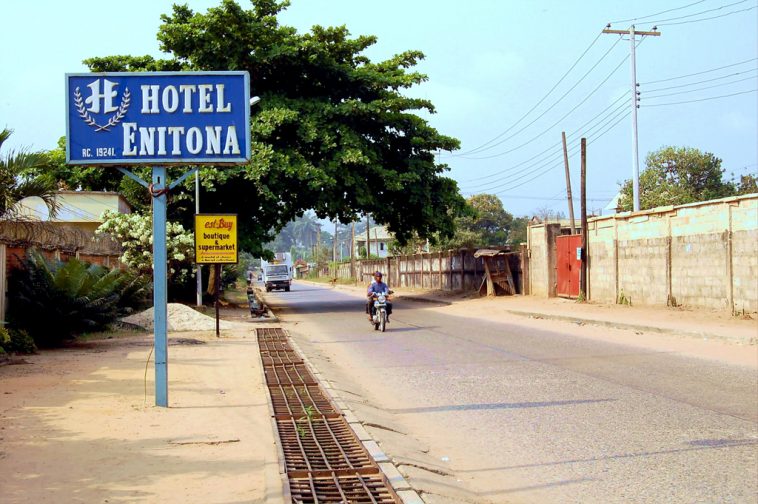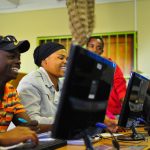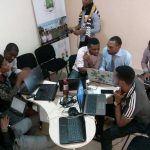The business capital of Abia State is known for its expertise trade and manufacturing. The Igbo’s dominate Abia state which comes with better entrepreneurship skills compared to any other region in Nigeria. Abia seems like the center of it all, especially since three prominent markets dominate the region. One of them is the internationally renowned Ariaria market.
Most people call it the China of Africa. Ariaria market is the manufacturing center for several products; shoes and textile take the largest share. For more than two decades, the market has been of benefit to customers that are abroad and in the country. Manufacturers in the market boast that their clientele base extends beyond the shores of Africa. Amobi Nwanagu, President, StandUp Africa, Abia North Multipurpose Co-operative Ltd says that many Africans and Europeans put on nice shoes courtesy of the market.
Within Africa, goods from the market usually have offload points in countries like Zambia, Ghana, Cameroon, Zimbabwe, and South Africa, and many others. Although it has taken more than two decades for the government to know the economic implications of the market, they are now contributing and supporting the #MadeInAba campaign to ensure that the market gets the needed global attention it deserves.
For a long period now, the Abia State government, in partnership with some organizations, has put up initiatives to train youths on some skills, including digital. But after being trained, many of the beneficiaries of such programs leave below the expectations. Daniel Chinagozi, one of the locals talks about the problem.
He secured a project with the African Development Bank to do integrated waste management service for Abia State in 2015, which according to him is one of the things he has been longing for, the city used to be very dirty. Quickly, he moved to Umuahia, from Lagos. But each time he was invited to an event, Daniel noticed something about startups founders he interacted with — about 80% of them were working from home. Immediately he a got a chance to became a mentor for Paradigm Initiative Nigeria (PIN), where they train these folks, their need for support became more vivid. At the same time, he was part of the Google digital skills program in the South-East. By the end of the program, it was noted that everyone doing something tech-related was either working from home or run short of needed support.
The observation led to his decision to led building a strong tech ecosystem in Aba, identify key players, draw the interest of key players in other regions to this emerging scene, and see how they can connect what’s happening in other places to Aba. Most people have been questioning why 2017 edition of Startup South that is an annual gathering of startup founders, innovators, investors, and technology enthusiasts in the South-South and South-East region of Nigeria was held in the place. The convener, Uche Adichie, agrees with Daniel on the need for a shift in how entrepreneurship is perceived in Aba; for progress to be made, a tech ecosystem must exist.
Aba shouldn’t just be known for its manufacturing artistry that only progresses at a slower pace. There is need to have a tech scene especially since it’s a prominent part of the South-East says Uche Aninchi. However, Daniel still has a craving to satisfy: something must be done to ensure that skills obtained during digital training initiatives do not vanish into thin air anymore. Also, it’s important to have a community where bright minds can interact and work together towards a mutual course. This year, he launched Aba’s first hub and co-working space, Innovation Growth Hub the region.
Since there is the capacity to take 200 – 300 people, the approach is to incubate and accelerate startups. In addition to this, they run a program known as Startup Weekend; where startups brainstorm ideas and they develop the most successful ones.
 We just launched our WhatsApp channel. Want to get the latest news from the Tech in Africa?
We just launched our WhatsApp channel. Want to get the latest news from the Tech in Africa?


